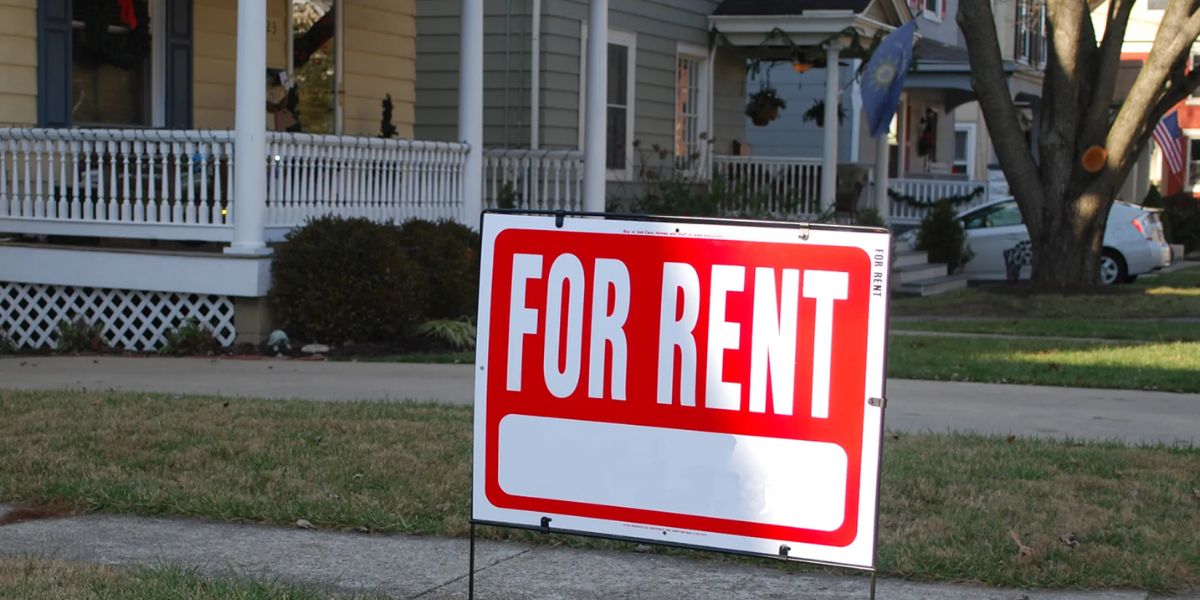A proposal to raise the property tax rate for landlords and classify single-family rental homes like commercial buildings may result in higher rent for some Tennessee families.
Reclassifying single-family rental homes from residential to commercial properties will result in rental units being assessed at 40% of their value rather than 25%, according to William Carman, the former director of the TN Comptroller’s Division of Property Assessments.
Carman stated, “Residential homes that are rented are going to be taxed like a shopping center.”
Proponents of the reclassification contend that in Tennessee, property is categorised according to its use. The transition to a commercial categorisation is justified, according to the landlords, because they utilise their single-family rental properties to generate revenue rather than as residences.
But according to Carman, single-family rental houses are still occupied as homes—just not by their owners.
Carman stated that it is completely against state law and the Tennessee constitution to move residential property into a business categorisation due to ownership rather than use.
Due to their increased property taxes, landlords fear they will have to pass the additional expense on to tenants.
“Rental is a viable alternative for most people, so it’s just going to push the cost up on the people who can least afford to pay it,” Danny Hale, property manager at HALO Realty stated. “We’ve talked to several different property management companies in the area, and they’re all in agreement that this is outside the bounds of state law and that it’s not fair for those people and it’s going to put a hardship on the tenants.”
Read Also: Letitia James Probes Local Cops for Alleged Misconduct Tied to ICE, Trump Admin
Carman is urging Congress to take action. A bill that would have classified single-family rental properties as residential and prevented their reclassification to commercial was discussed by lawmakers this year.
But the law was put on hold for summer study, which is usually when plans fall through.
“If the legislature wants to tax residential property like shopping centers, then let it be said, but nobody is willing to say that,” Carman stated. “They know it’s so illogical. It doesn’t make any sense, but unless the legislature acts, that’s exactly what’s going to happen.”



